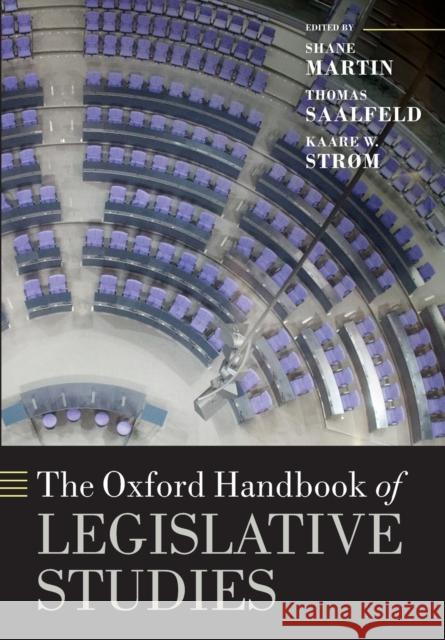The Oxford Handbook of Legislative Studies » książka
The Oxford Handbook of Legislative Studies
ISBN-13: 9780198778493 / Angielski / Miękka / 2016 / 784 str.
The Oxford Handbook of Legislative Studies
ISBN-13: 9780198778493 / Angielski / Miękka / 2016 / 784 str.
(netto: 168,79 VAT: 5%)
Najniższa cena z 30 dni: 161,35
ok. 16-18 dni roboczych.
Darmowa dostawa!
Legislatures are political bodies essential to democracy and the rule of law. They present social scientists with numerous intriguing puzzles, with far-reaching implications for our understanding of political institutions. Why, and how, have these ancient assemblies, established in pre-democratic times, survived the transition to mass democracies? How have they adapted? How do they structure such processes as budgeting, legislation, and executive oversight? How do their members get selected, and what consequences flow from differences in these rules? What roles do committees and political parties play in contemporary legislatures? What functions do legislatures perform in autocratic, semi-democratic or recently democratized societies? What explains the similarities and differences in legislative rules, powers and recruitment? What are the policy and other consequences of variation in how legislatures are organized and function?
The 33 chapters in The Oxford Handbook of Legislative Studies, written by 47 of the most distinguished legislative scholars, provide a comprehensive and up-to-date description and assessment of the state of the art in legislative studies. Key themes explored include theoretical paradigms and methodological approaches to the study of legislatures, representation and legislative careers, internal organization, the role of parties within legislatures and the role of legislatures in policy making and accountability. The Handbook also explores the emergence of parliaments in historical and contemporary contexts, including new democracies and trans-national institutions.











